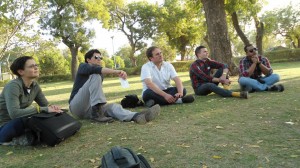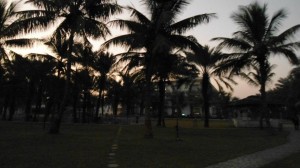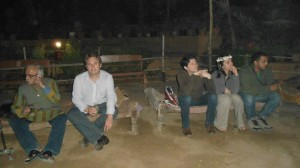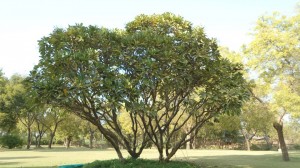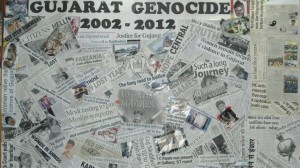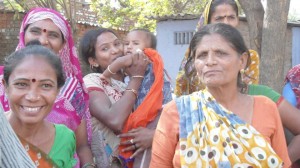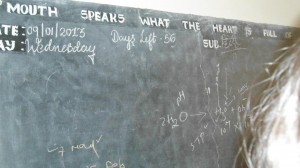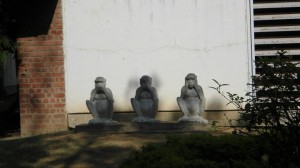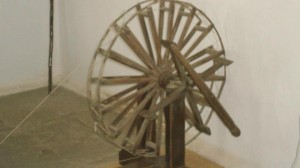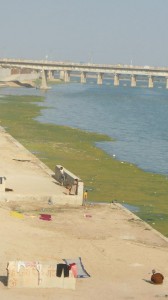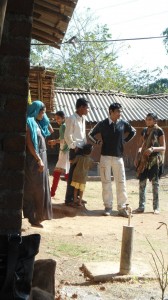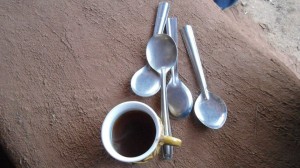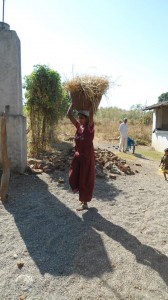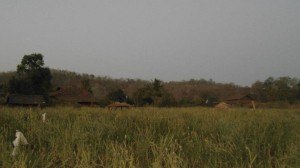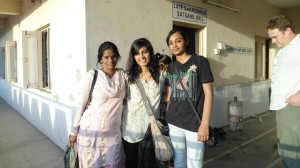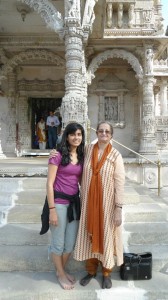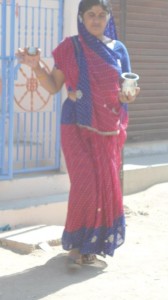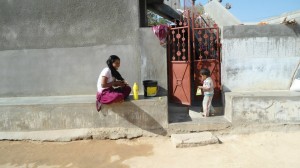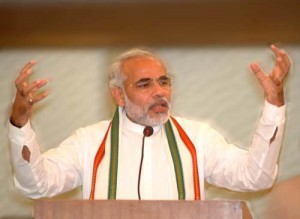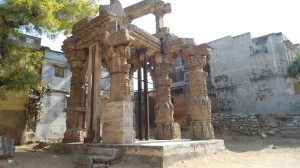I left Gujarat about 9 weeks ago and have reflected back to the time I spent there, the people I spoke with and the experiences that fill my memory. The academic and field experience I gained from the 2 weeks in different parts of Gujarat, mixed with the opportunities to see the inside of slums and the rare cases of meeting celebrities and hard to reach people, made me realize I was given an amazing chance to see what it is to work for in the conflict.
Our J-Term group prepped by watching documentaries, reading articles on the background and by discussing important issues and questions regarding the communal violence of 2002. We also each had a focus on what our research would comprise and came up with interview questions around these topics, in order to be concise and precise in the interviews with informants. I felt pretty secure with my preparation and topic ideas before going to Gujarat and I felt confident that I understood the conflict correctly.
Looking back, I am more confused than when I entered Gujarat. Gaining firsthand accounts of what actually happened versus what others told us, and then compared to what we read in preparation made my head spin and forced me to dig deeper. Taking into account different informants’ perceptions and keeping it in mind when writing about my specific topic was extremely challenging for me. In fact, it is probably the reason I ended up changing my topic so many times. I began to see so many different sides to things and it began to make my research more and more convoluted.
After one debrief, we had established that the situation in Gujarat, 2002 communal violence and the present situation left unhealed and vulnerable, was a huge puzzle and the pieces need to not only be put together, but first needed to be found. In all of the research we had done, in all of the people we spoke to and of all the resources we utilized, there still seemed to be parts of the puzzle missing. Stories did not match up, some people were inaccessible, and there will always some stones that are too heavy to be unturned and left to be buried.
I think it will take a series of experiences and different trips in order to put the pieces of this particular puzzle together. Although I believe we gathered a lot of relevant information and I believe we made a great deal of connections to certain issues and societal problems, we are not even close to being done with this puzzle. And in a situation as complex as the communal violence of 2002 and the issues that currently exist in Gujarat, it is severely detrimental make assumptions and be conclusive. It would be trying to write off an issue as x and y without really understanding the complexities behind it.
Making an issue what you want it to be is not solving anything. It is doing more harm than good. So, all we can do is continue to seek out the various issues and understand how they relate to one another. And then relate them to the overall structural violence and state-sponsored issues. When all of these issues are understood in relation to one another, the pieces of the puzzle should fit. And hopefully, a multilateral and multidisciplinary approach to a solution can follow.

